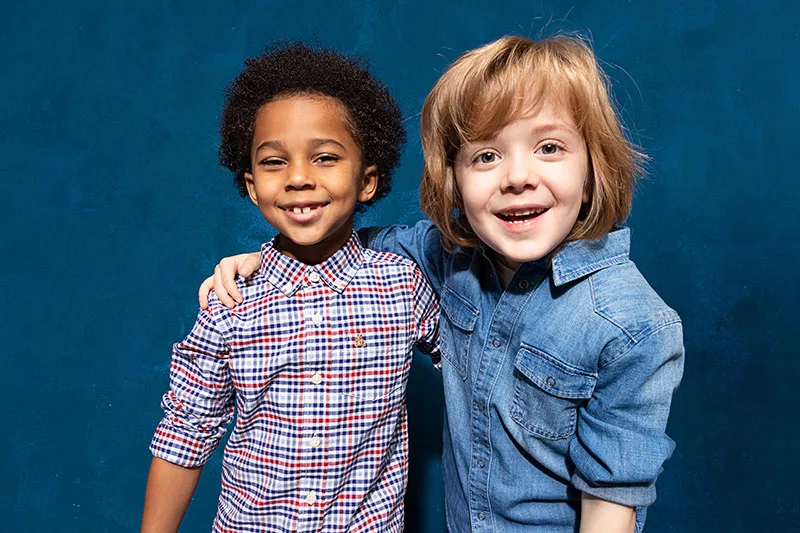Tips to help your child with autism make new friends.
In a recent study in the Journal of Autism, it was reported that teenagers and adults diagnosed with autism might be less likely to suffer from depression and/or anxiety if they have friends.
Understanding that many children with autism have difficulties establishing friendships and continue to have difficulties once they get into their teen years, here are some tips to help support and encourage your child to develop friendships as early as possible.
“Dive in”
Sometimes, the best thing you can do is get out and do things that require social interaction. The more opportunities you have to do that, the more opportunities there are to teach something related to interacting with others. These can be done systematically, for example, set up a play date with specific goals related to your child’s unique areas of need.
What are their Hobbies?
Many children with autism have restricted interests or engage in restricted activities. For this reason, it is important to continue to expose your child with autism to new activities. While it’s important to incorporate his/her interests to motivate and encourage learning, exposing your child to new activities is also important. Unless children experience new things, they will never know if they find them interesting.
Introduce Social stories and use them as often as possible.
Many children with autism benefit from visual guides, particularly when learning something new. Social stories are a good way to teach a child how to respond appropriately in a specific situation. Writing scripts and drawing out the flow of a conversation can help your child understand the basics of how to talk to a friend.
Quality over quantity
Even if your child has only one friend, this is a huge deal. Encourage that relationship in any way you can because that one friend will likely be the foundation for your child to develop future friendships. It is not about the number of friends your child has, but it is more about the depth of the connection they have with their small peer group. So, do your best not to compare your social experiences or another child’s social experiences to what you have observed with your child.
Most importantly, you should have fun supporting your child in social settings. If making friends feels like work, children will likely avoid the interaction. Support your child and make the process as fun and playful as possible. Even as adults, making friends is not always easy and can be especially overwhelming for autistic children and adolescents.
#autism #autismmom #autismdad #autismmoms #autismdads #autismfamily #autismfamilies
#autismadvocates #autismadvocate #autismawarenes #abatherapy






